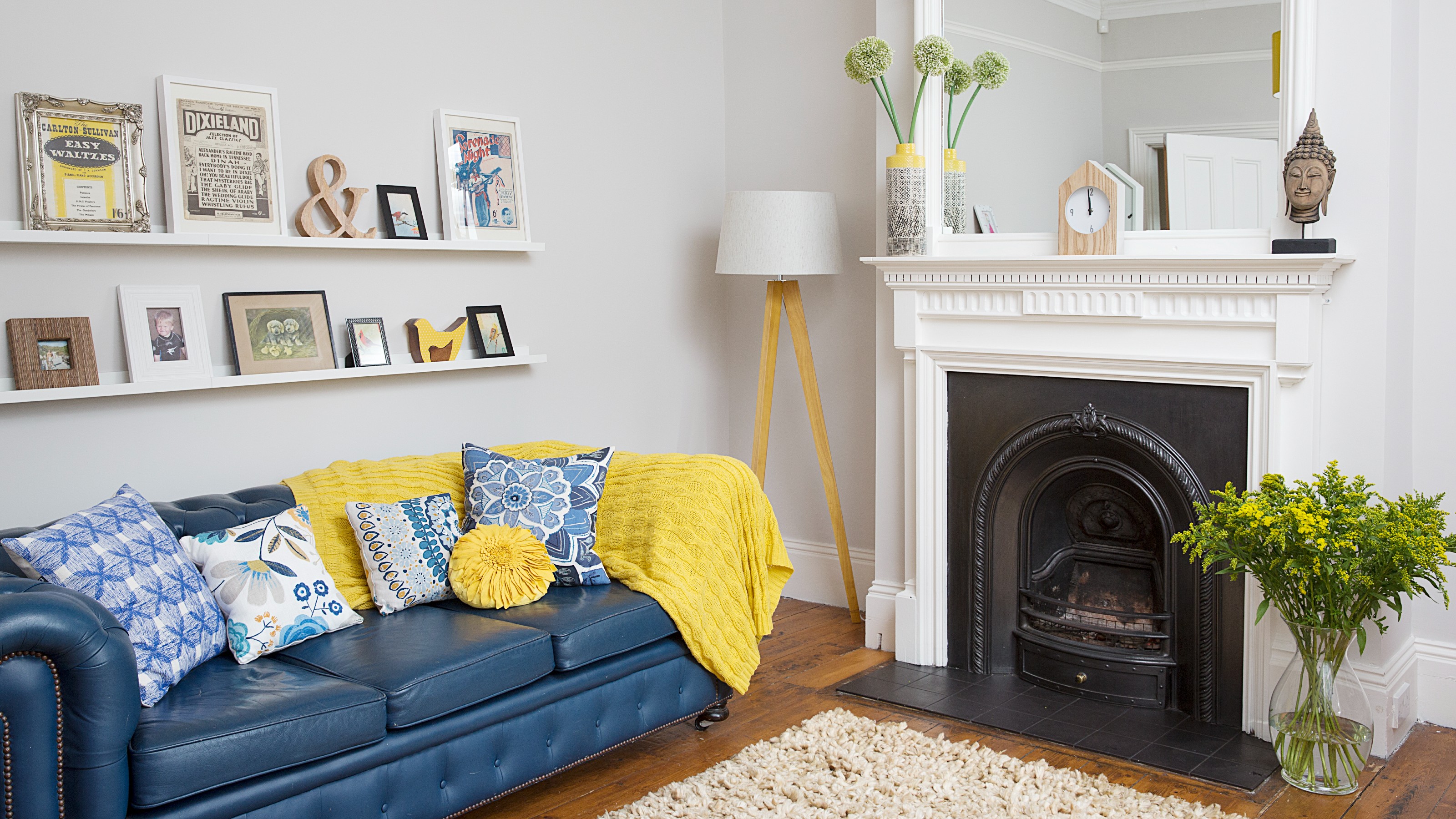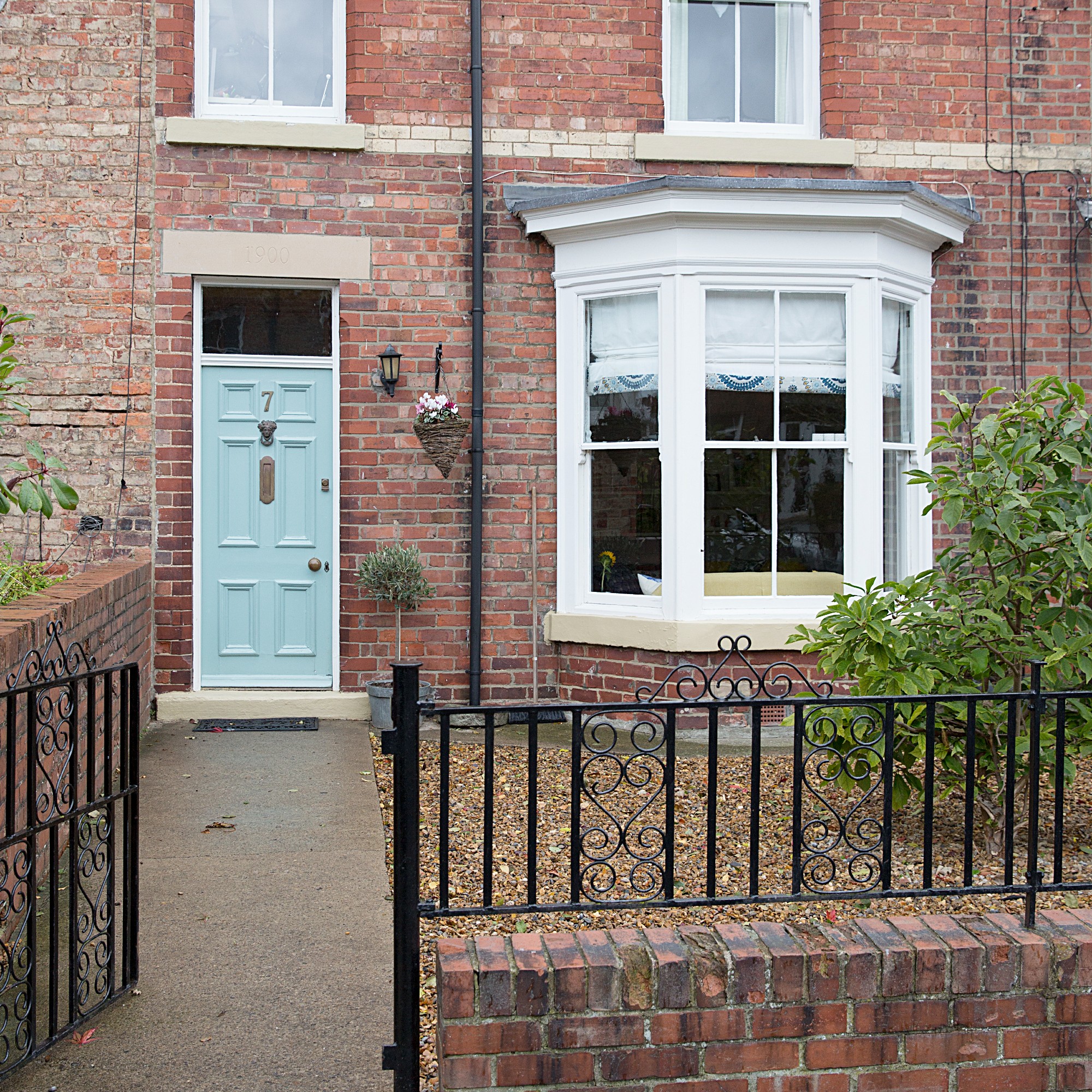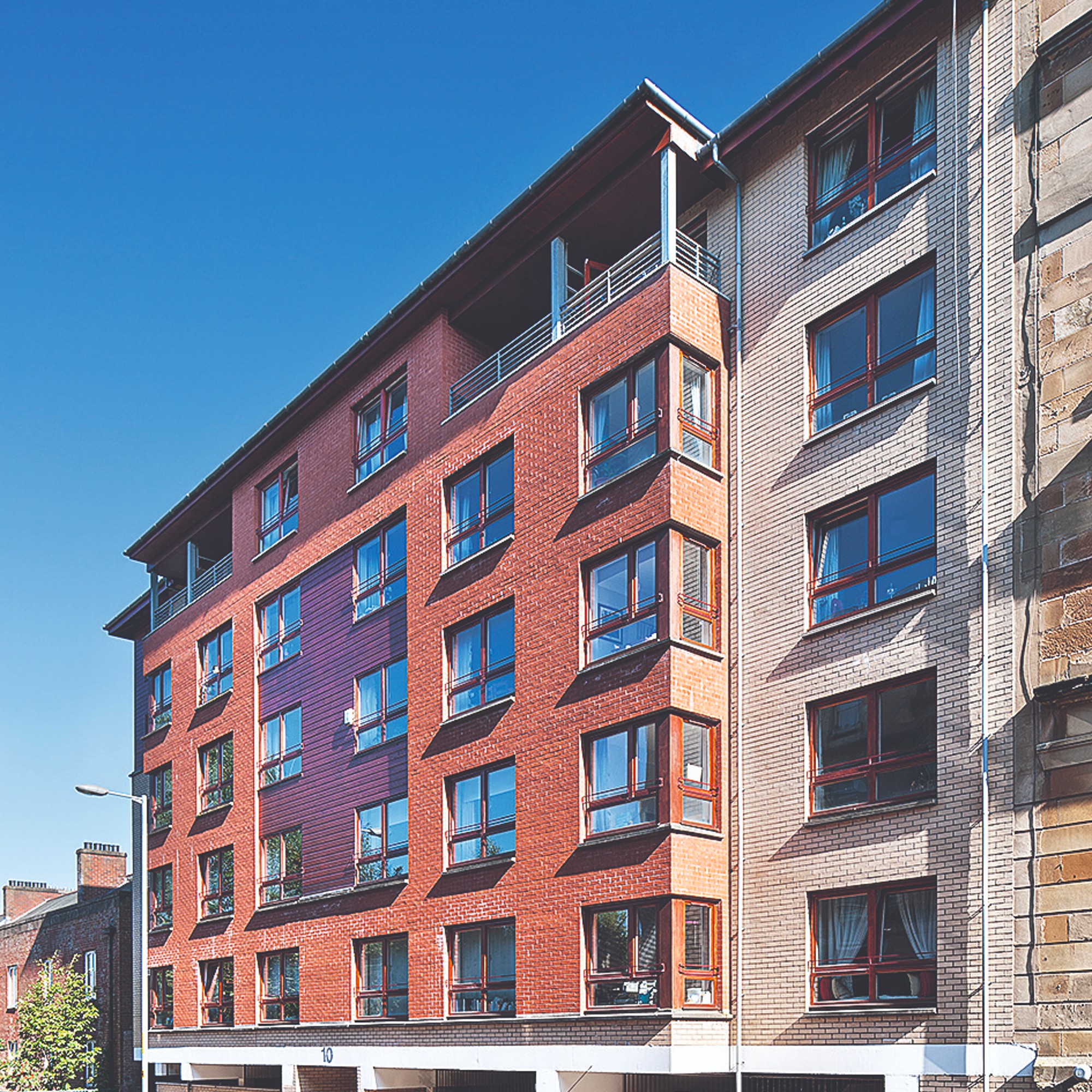Estate agents reveal 5 secrets every renter should know to secure your next rental home
Property experts share their tips and tricks on how to secure your next rental home


If you are (or recently have been) in need of a new rental home, you know just how difficult it is to secure one. And it certainly feels like everybody IS moving right now.
While we all dream of buying a house, for many of us, are unable to save a deposit, becoming a long-term renter is the reality, but it's getting very competitive. A knock-on effect of rising mortgage rates has created a perfect storm of many landlords selling up and a growing pool of renters unable to afford to buy.
New research by the BBC found that every new rental property added to the market now receives 20 viewing requests on average. This figure has more than tripled since 2019 when the average of viewing requests was just six proving the UK rental crisis is very much real. On top of those viewing the property, about a quarter of the viewers end up putting in an offer. So the competition is tough!
How to secure the rental home you want
I know this struggle first-hand. Luckily, I've now been occupying a new flat for the past week (hallelujah!). I asked our property experts for some pro tips and tricks on how to get ahead of the 20-people-long queue. If you're struggling to bag a new place or can anticipate needing to search in the near future, these tips should help you like they did for me.
1. Don’t leave things to the last minute

If you know that your tenancy is expiring and you will need to move, start searching as soon as possible. Don’t leave it to the month before as this process is a lengthy one.
‘Most rental homes have a two-month notice period,’ says Daniel Copley, Consumer Spokesperson at Zoopla. ‘Be aware of timings and make sure you don't leave your search too late or you might miss out if your current tenancy is coming to an end.’
To put things into perspective, my tenancy was ending in the middle of August, but I started searching already in May. We saw countless properties and put in offers for about five of them before finally getting accepted for our current place at the beginning of July.
Sign up to our newsletter for style inspiration, real homes, project and garden advice and shopping know-how
2. Be prepared and act fast

‘Securing a rental property in today's highly competitive market is no small feat,’ admits Shahram Shaida, CEO and founder of homebuying and property investment platform Allbricks. ‘But there are a number of things you can do to increase the odds in your favour.’
'Be well-prepared with all necessary documentation and act swiftly when a suitable property arises,' recommends Shahram. Basically, be organised and don’t waste time by being indecisive. Being flexible with the move-in date and length of the tenancy agreement to fit the landlord’s needs is also a plus in their eyes.
'In order to stand out, applicants are offering longer-term tenancies and often, just an additional 3 months is making the difference,' explains Francesca Levy, Head of Wandsworth & Dulwich Lettings at Knight Frank.
‘If you're in with a chance to secure a property, be as flexible as you can with your terms. There can be several offers on the table for a rental home, so you want to make yourselves seem like the most attractive renters,’ Daniel adds.
3. Money speaks louder than words

As unfortunate as it is, landlords will often prioritise applicants that put in an offer above the asking price or offer more money upfront.
‘Some landlords are even asking for six to 12 months rent in advance to secure a property because of how competitive the market is,’ Shahram shares an unsettling fact. In the end, it might even work out cheaper to buy, which is further fueling the renting versus buying conundrum.
So, offer more money if you can afford it. Demonstrating financial stability with a secure job in place also helps tremendously.
4. Positive references and personable bio
The more people that can say you are simply wonderful, the better. Being able to provide excellent references from your previous landlord, your employer and sometimes even someone from your life leaves a positive impression.
A good bio also goes a long way, telling the landlord more about yourself makes them see you as a real person rather than another application.
'Those that have taken time to write a good bio are often more favourable, as landlords believe that if they are showing care when making the offer, they are more likely to look after the property,' Francesca says.
'The bio should be personal, not just job titles, but more about them and what they’re doing as a hobby or on weekends, and how they met (if couples),' adds Knight Frank's Head of Islington Lettings, Michal Bocian. 'I’d recommend Including a couple of photos and if they have pets, then photos of them and their routine.'

5. Develop relationships with real estate agents
Making real estate agents your best friends is a smart tactic as they can be of great help. They can send you personalised listings as soon as they come in or alert you before a property even goes on the market.
‘Working with an estate agent can also offer valuable support and access to a wider range of rental options,’ confirms Shahram.
‘Remember, it's in their interest to find a good tenant for a home they're letting,’ adds Daniel. ‘Register with an estate agent and keep them updated with what you’re looking for.’
Now all that’s left to do is employ a few ways to decorate your rented property to make it feel like your home. Happy renting!

Sara Hesikova has been a Content Editor at Ideal Home since June 2024, starting at the title as a News Writer in July 2023. She is now also the Ideal Home Certified Expert in Training on Furniture, and so far has tested over 150 different sofas.
Graduating from London College of Fashion with a bachelor’s degree in fashion journalism in 2016, she got her start in niche fashion and lifestyle magazines like Glass and Alvar as a writer and editor before making the leap into interiors, working with the likes of 91 Magazine and copywriting for luxury bed linen brand Yves Delorme among others.